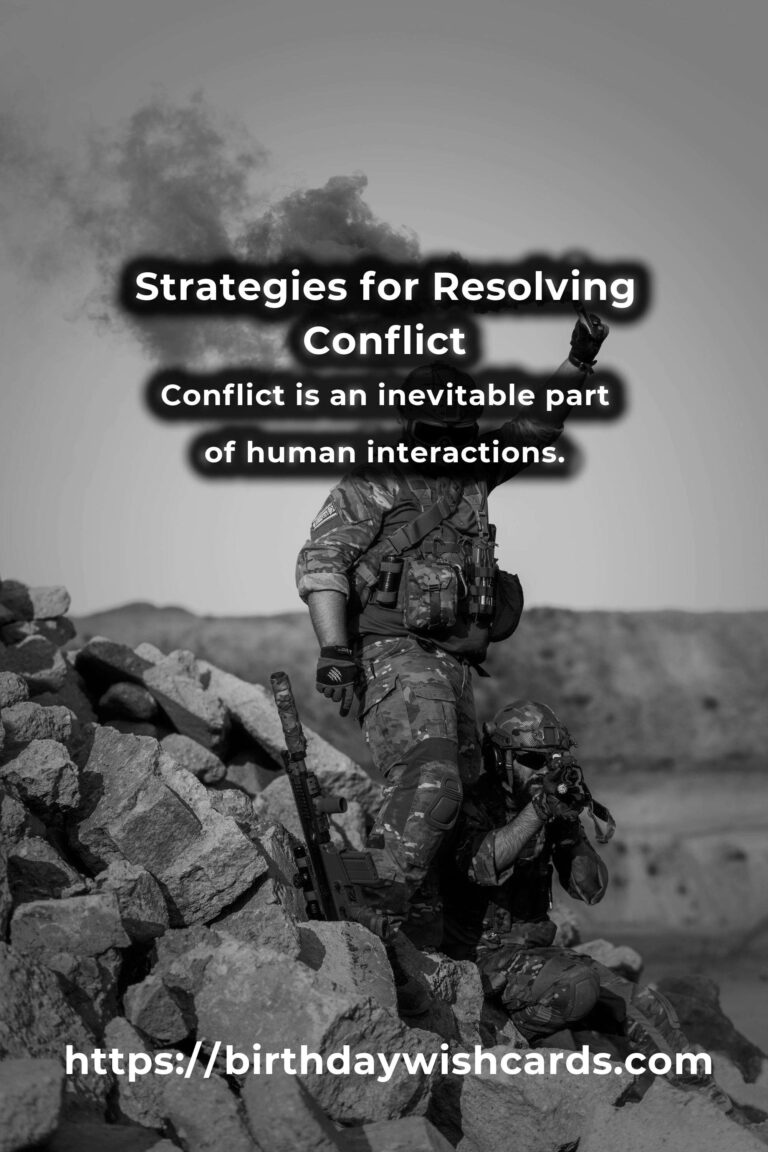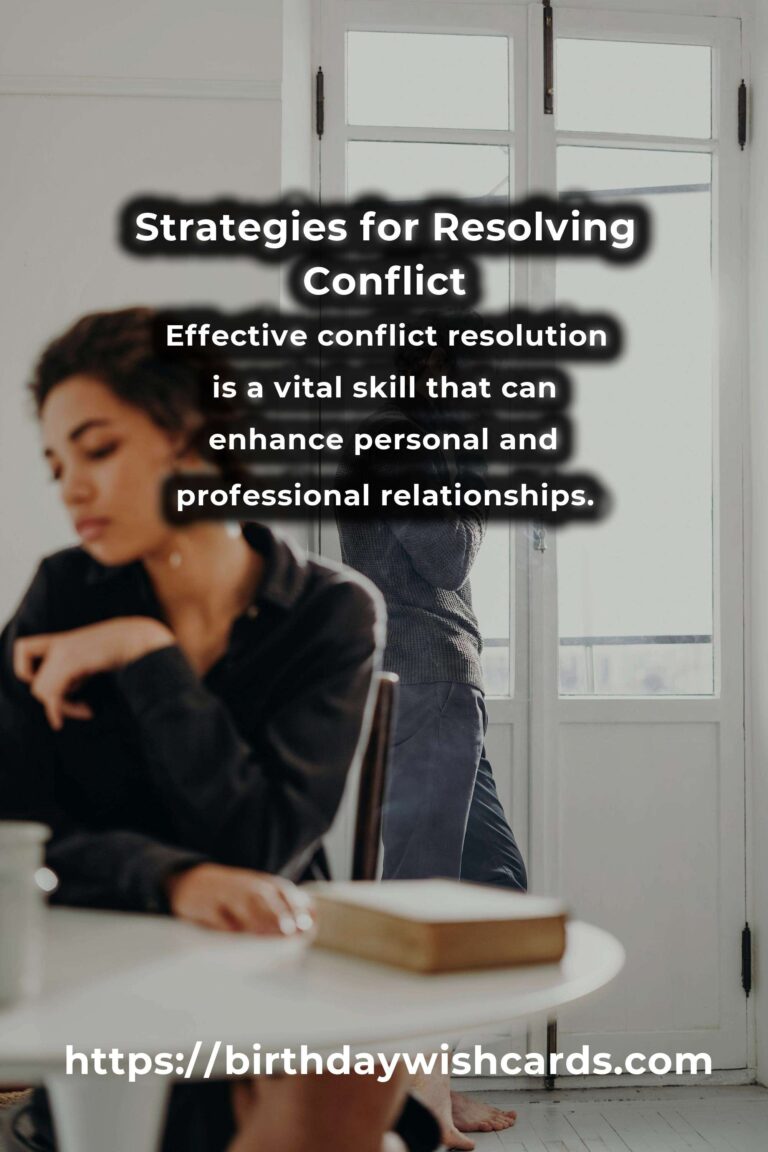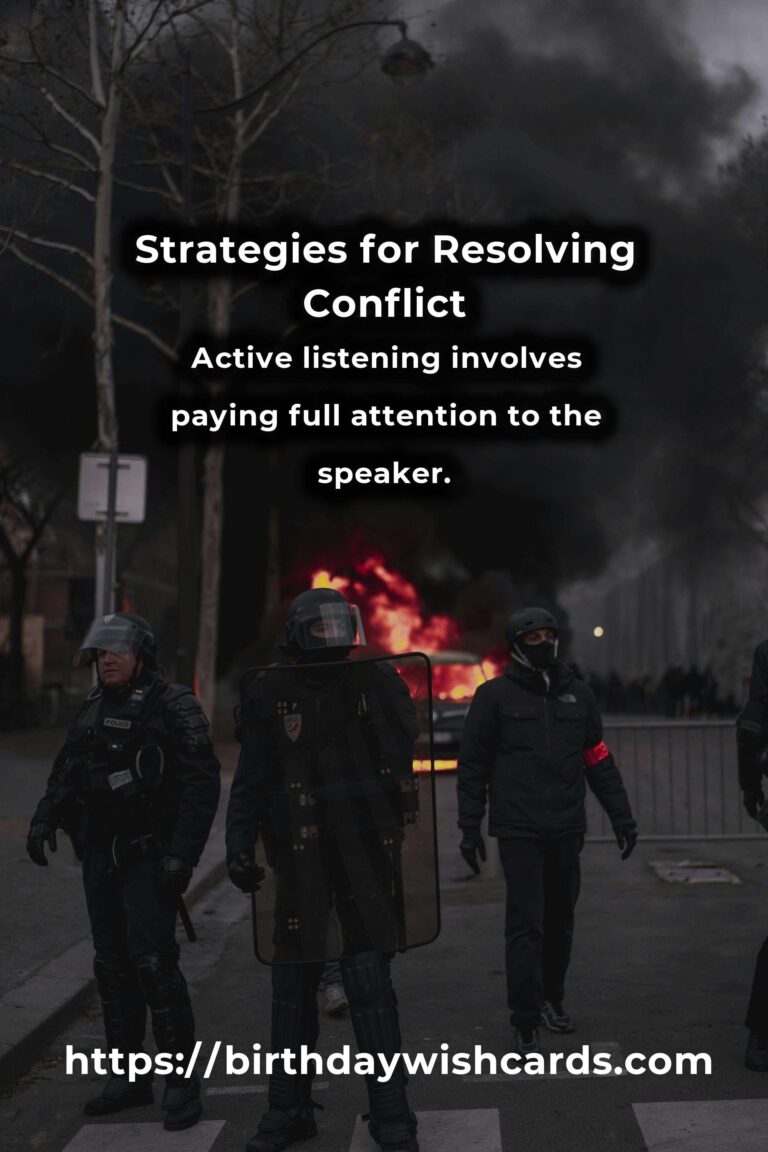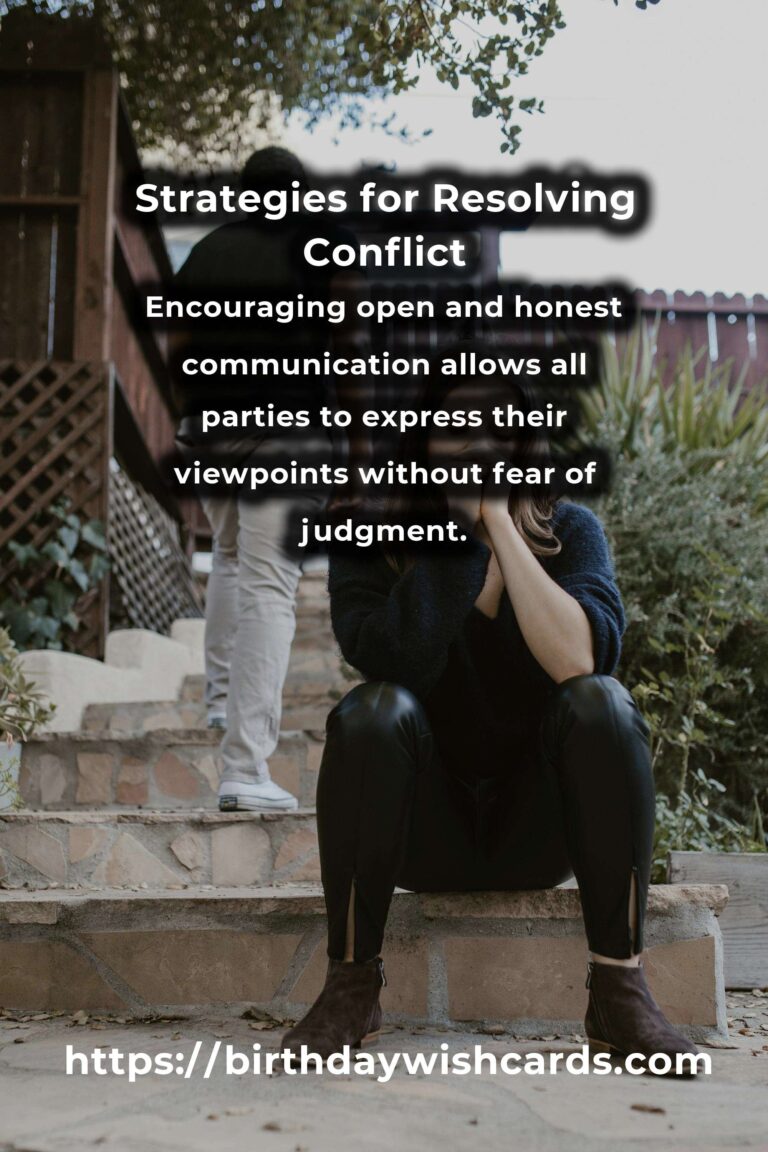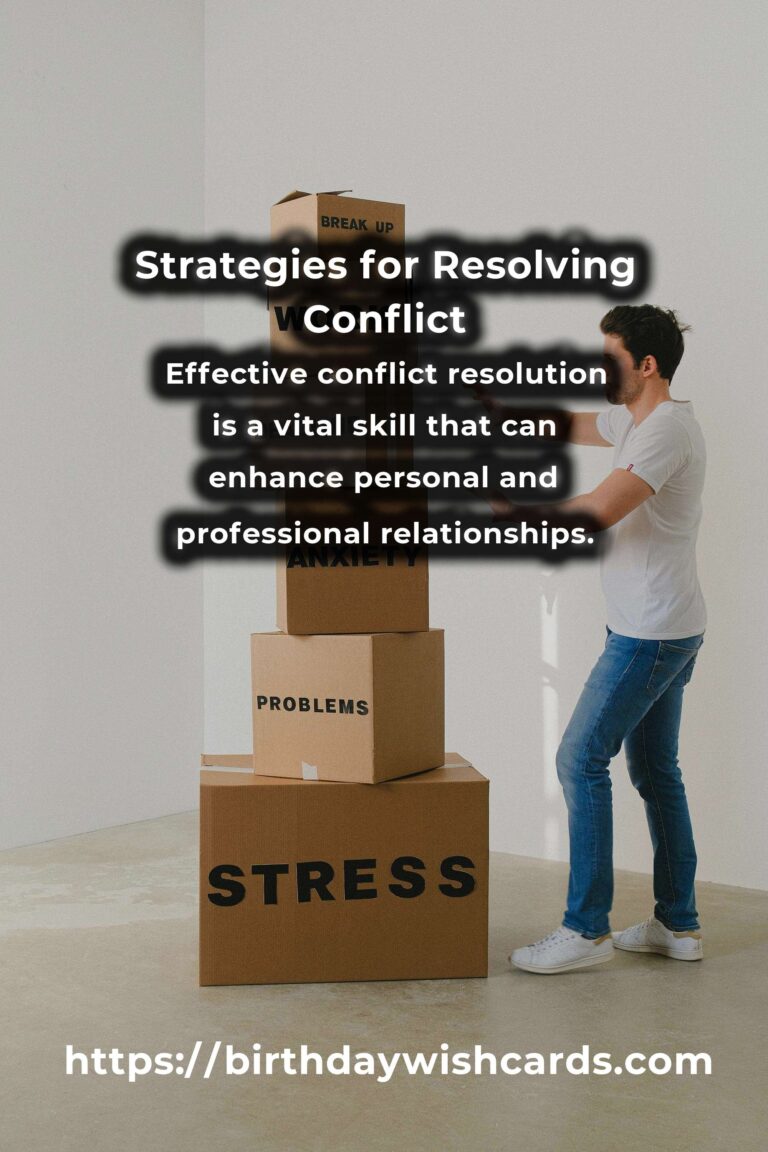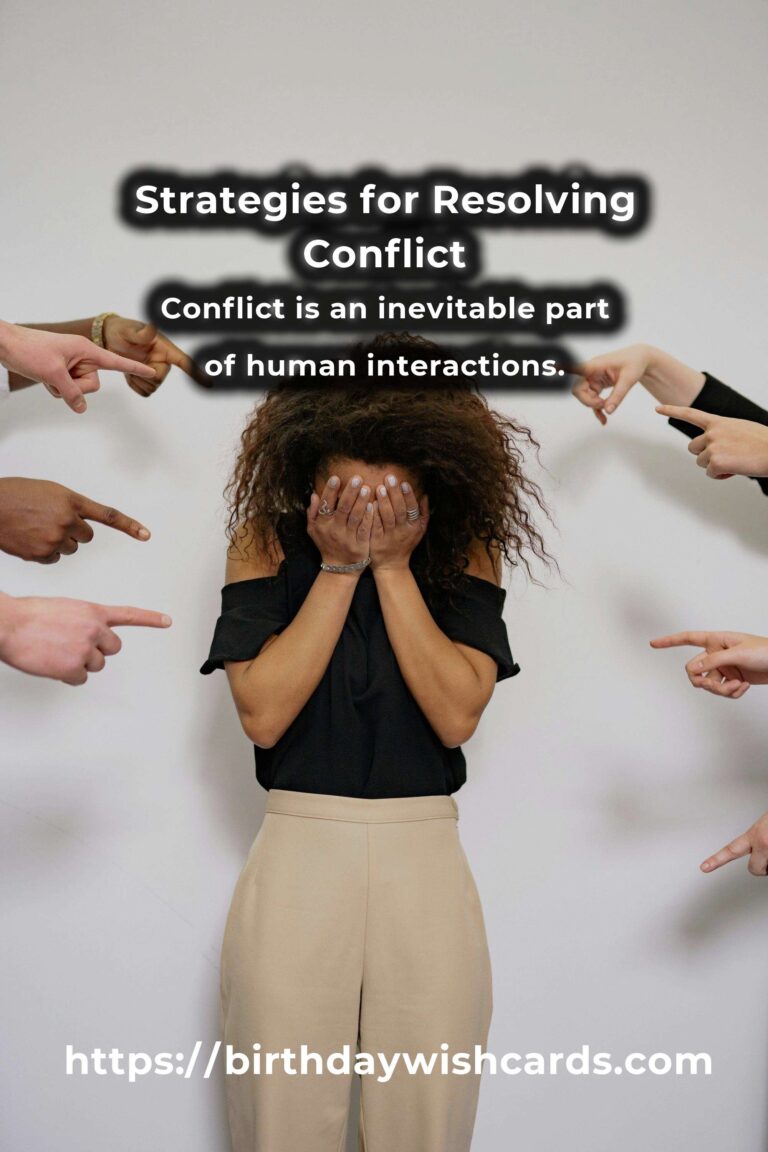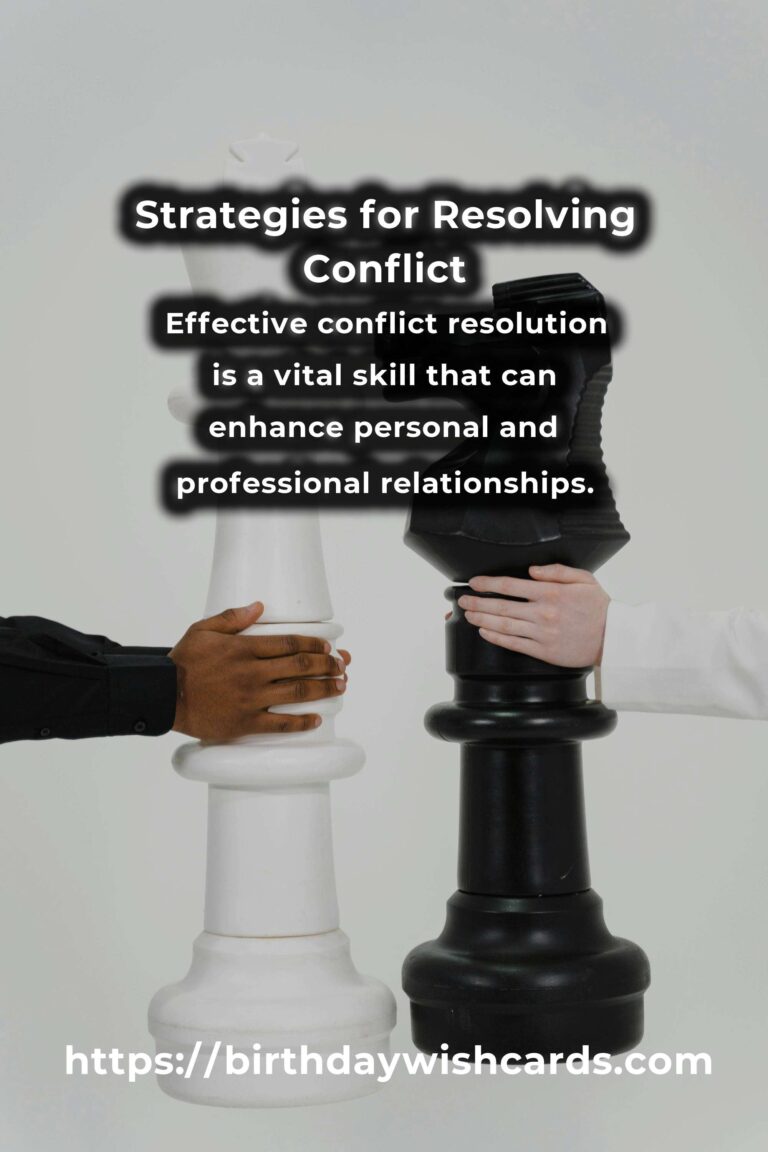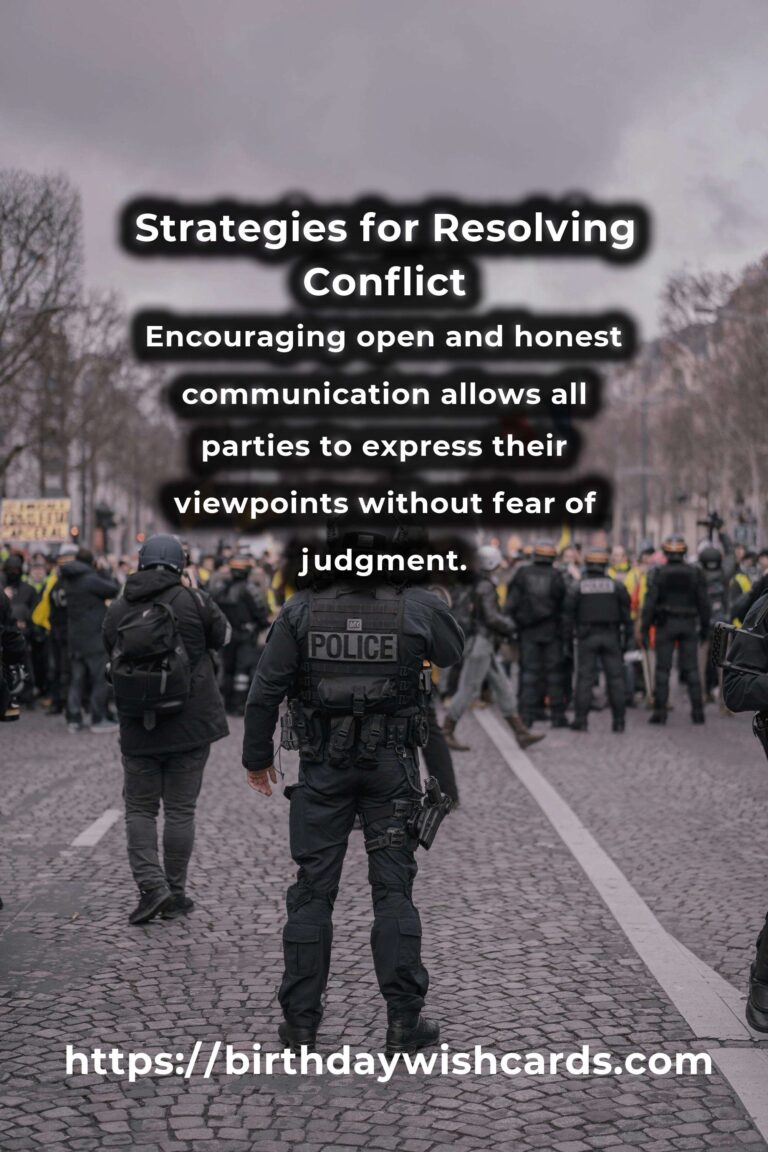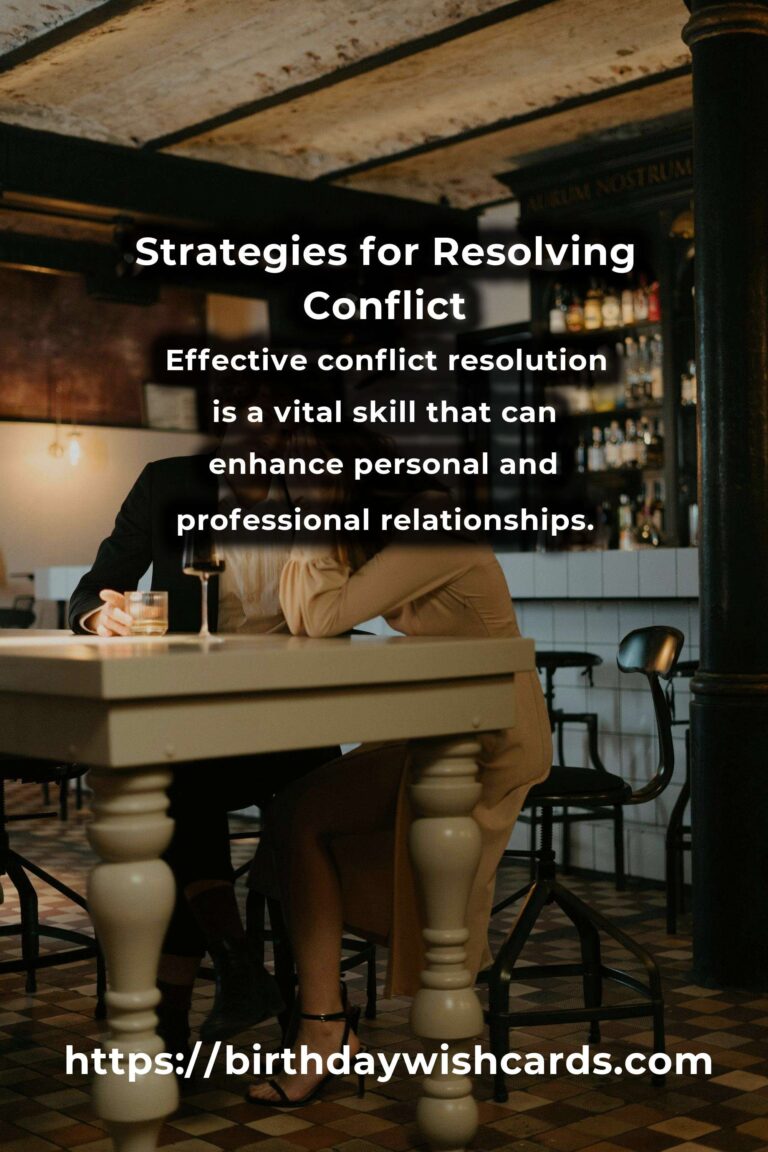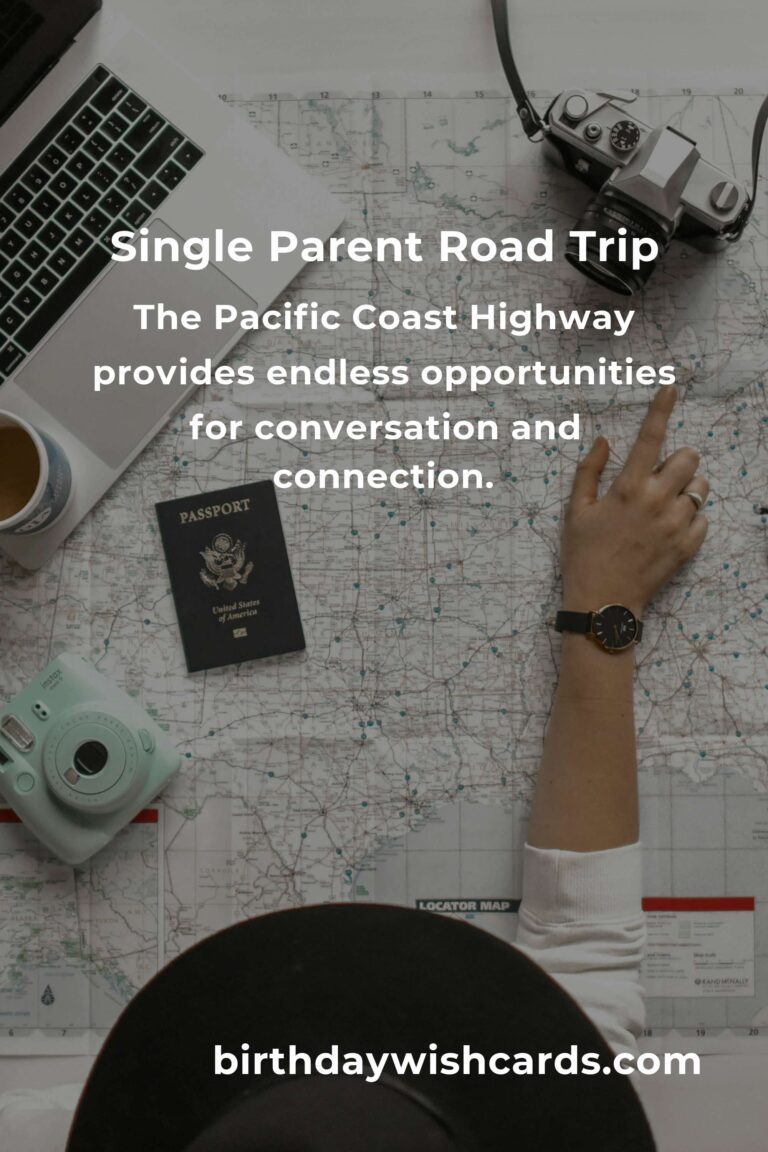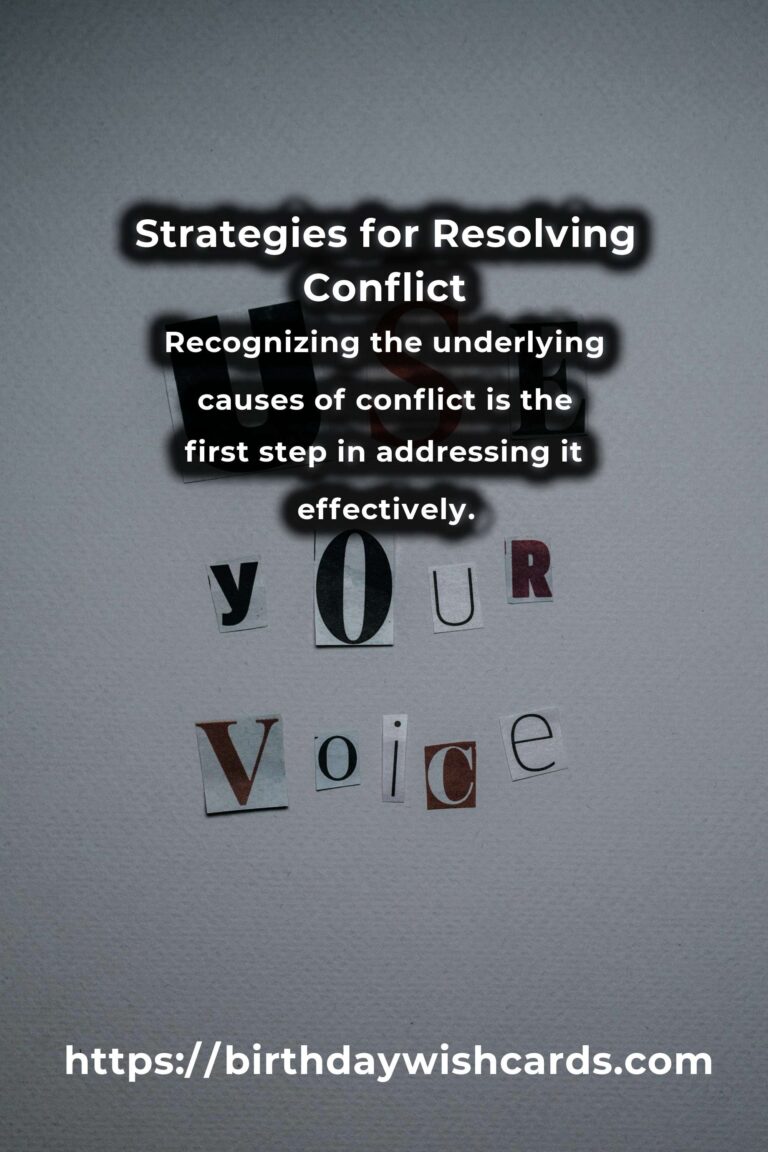
Conflict is an inevitable part of human interactions. Whether in personal relationships or professional settings, conflicts arise due to differences in opinions, values, and interests. However, effective conflict resolution can transform potentially destructive situations into opportunities for growth and collaboration. This ultimate guide provides insights into understanding conflicts, strategies for resolution, and tips for maintaining harmonious relationships.
Understanding Conflict
Before delving into conflict resolution strategies, it is crucial to understand the nature of conflict. Conflicts are not inherently negative; they can be constructive when managed properly. Conflicts typically arise from miscommunication, differing needs, and power dynamics. Recognizing the underlying causes of conflict is the first step in addressing it effectively.
Types of Conflict
There are several types of conflict, including:
- Interpersonal Conflict: Occurs between individuals due to personal differences.
- Intrapersonal Conflict: Involves internal struggles within an individual.
- Organizational Conflict: Arises within organizations, often due to hierarchical structures or resource allocation.
- Intergroup Conflict: Happens between different groups or teams.
Strategies for Effective Conflict Resolution
Effective conflict resolution requires a strategic approach. Here are some proven strategies:
1. Active Listening
Active listening involves paying full attention to the speaker, understanding their message, and responding thoughtfully. This helps in understanding the root cause of the conflict and fosters empathy.
2. Open Communication
Encouraging open and honest communication allows all parties to express their viewpoints without fear of judgment. This transparency builds trust and aids in finding common ground.
3. Collaborative Problem Solving
Engage all parties in brainstorming solutions that address everyone’s needs. Collaborative problem solving ensures that the resolution is mutually beneficial.
4. Mediation
In cases where parties cannot resolve the conflict themselves, a neutral third-party mediator can facilitate discussions and help reach a resolution.
5. Establishing Boundaries
Setting clear boundaries can prevent conflicts from escalating. Boundaries help define acceptable behavior and ensure mutual respect.
Tips for Maintaining Harmonious Relationships
Once a conflict is resolved, it is essential to maintain harmony to prevent future issues. Here are some tips:
- Regular Check-ins: Keep communication channels open by scheduling regular check-ins to discuss any arising concerns.
- Feedback Culture: Foster a culture where feedback is encouraged and valued. Constructive feedback can prevent misunderstandings.
- Emotional Intelligence: Develop emotional intelligence to better understand and manage emotions in yourself and others.
- Respect Diversity: Embrace diversity and recognize that different perspectives can enrich discussions and lead to better solutions.
Conclusion
Effective conflict resolution is a vital skill that can enhance personal and professional relationships. By understanding the nature of conflict, employing strategic resolution methods, and maintaining open communication, conflicts can be transformed from destructive forces into opportunities for positive change. Embrace conflicts as a chance to grow and learn, and watch as your relationships flourish.
Conflict is an inevitable part of human interactions. Recognizing the underlying causes of conflict is the first step in addressing it effectively. Effective conflict resolution requires a strategic approach. Active listening involves paying full attention to the speaker. Encouraging open and honest communication allows all parties to express their viewpoints without fear of judgment. Effective conflict resolution is a vital skill that can enhance personal and professional relationships.
#ConflictResolution #EffectiveCommunication #InterpersonalSkills


